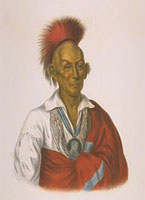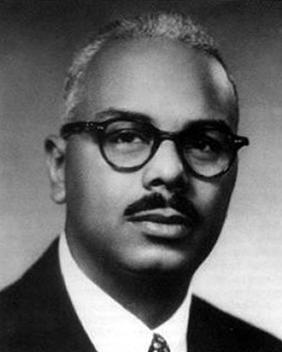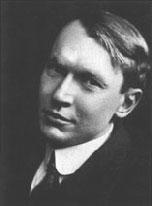
Gerald Cannon Hickey
Born: 1925 in Chicago, Illinois
Pen Name: None Connection to Illinois: The author was a live long resident of the Chicago area. Biography: Dr. Hickey was a noted anthropolgist who did extensive field research in Laos and Vietnam during the war from 1956 to 1973. He wrote of the Montagnards of the central highlands and published several papers for the Rand Corporation.
Awards:
Selected Titles
| Free in the forest : ISBN: 0300024371 OCLC: 7596224 Yale University Press, New Haven : ©1982. |
|
| Glints of a shining world : ISBN: 1929932243 OCLC: 55682710 Radix Press, Houston, TX : 2003. Anthology of works by anthropologist Gerald Cannon Hickey about the Montagnard peoples of Vietnam, including one in both English and Vietnamese. These works include five previously published books and a series of ethnographic notes. Also includes biographical information about the author. |
|
 |
Kingdom in the morning mist : ISBN: 0812281063 OCLC: 17300292 University of Pennsylvania Press, Philadelphia : ©1988. |
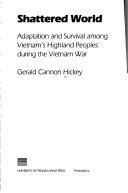 |
Shattered world : ISBN: 081221417X OCLC: 27224291 University of Pennsylvania Press, Philadelphia : ©1993. |
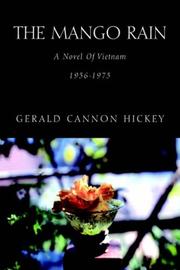 |
The Mango Rain ISBN: 1599265257 OCLC: 247844156 Xlibris Corporation 2006 |
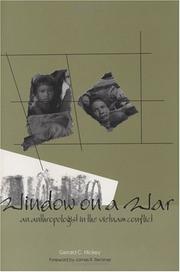 |
Window on a war : ISBN: 0896724905 OCLC: 65342076 Texas Tech University Press, Lubbock : ©2002. When Gerald Hickey went to Vietnam in 1956 to complete his Ph. D. in anthropology, he didn't realize he would be there for most of the next eighteen years-through the entire Vietnam War. After working with the country folk of the Mekong Delta for several years, in 1963 Hickey was recruited by the Rand Corporation, which was contracted by the U.S. government to study and report on the highland tribes. From the buildup to war, when mountain tribespeople still lived in longhouses and cut and burned brush to clear fields for nice, to near the end of the conflict, when he sailed away from Vietnam on the S.S. Idaho, Gerald Hickey experienced it all. He lived through the horribleViet Cong night attack on the Nam Dong Special Forces Camp in July 1964, and he survived the full-scale battle at Ban Me Thuot during Tet, 1968. Worst, he witnessed the decline of the mountain people from proud highlanders to refugees from a war none of them wanted and few understood. Hickey became respected by all parties as a fair intermediary between the highlanders, the American mission, and to some extent the Saigon government. His understanding of the montagnards, and his representation of their interests, helped to resolve their conflict with Saigon in 1965 and assured their alliance with U.S. forces through the rest of the war. These are his experiences, told with the calm yet deep emotion of a man who invested a major portion of his life and career in the events of the war and with the people among whom he lived and worked. His is a unique viewpoint and one to which we should attend. |


